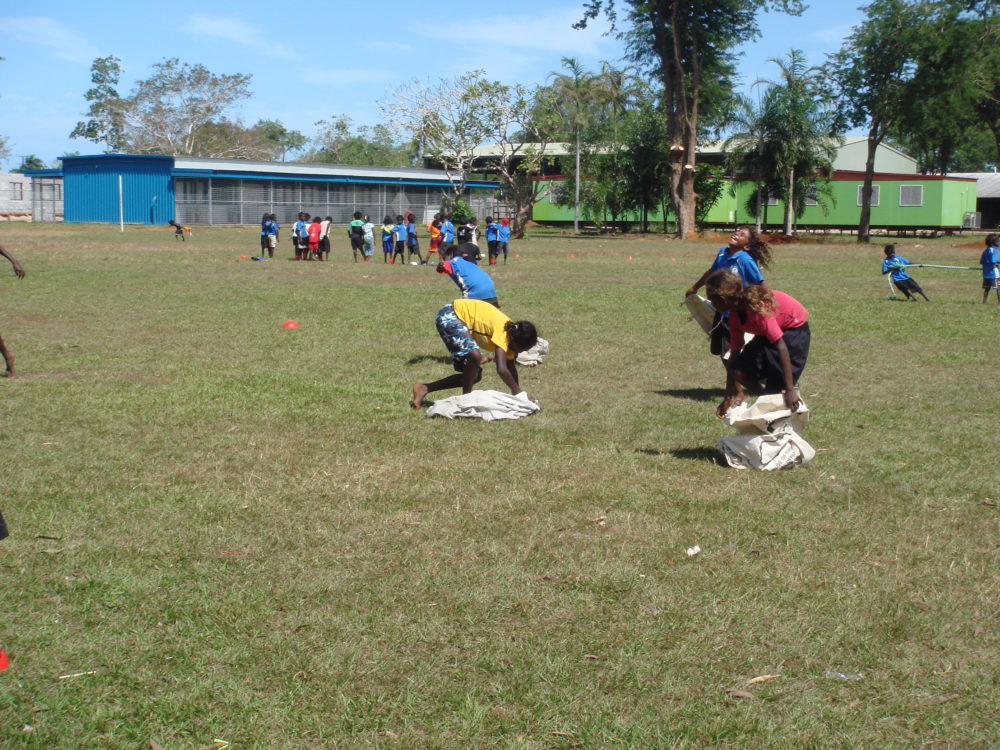By Neena Bhandari
Tiwi Islands (Australia), 03.11.2009 (Women’s Feature Service): Lynette De Santis, 45, was surprised when in October last year, she became the first elected Mayor of the Tiwi Islands Shire Council comprising Bathurst and Melville Islands with a largely indigenous Aboriginal population of 1,495 and 434. She had conquered what had thus far been a male bastion.
“It had become the norm that men would be chairperson, mayor or president so I was amazed when I was elected the first female Mayor. I have always stood up for the interests of my people and I suppose this resulted in my victory”, says De Santis, who was born and bred in Northern Territory’s capital Darwin and returned home to the islands in 1985.

